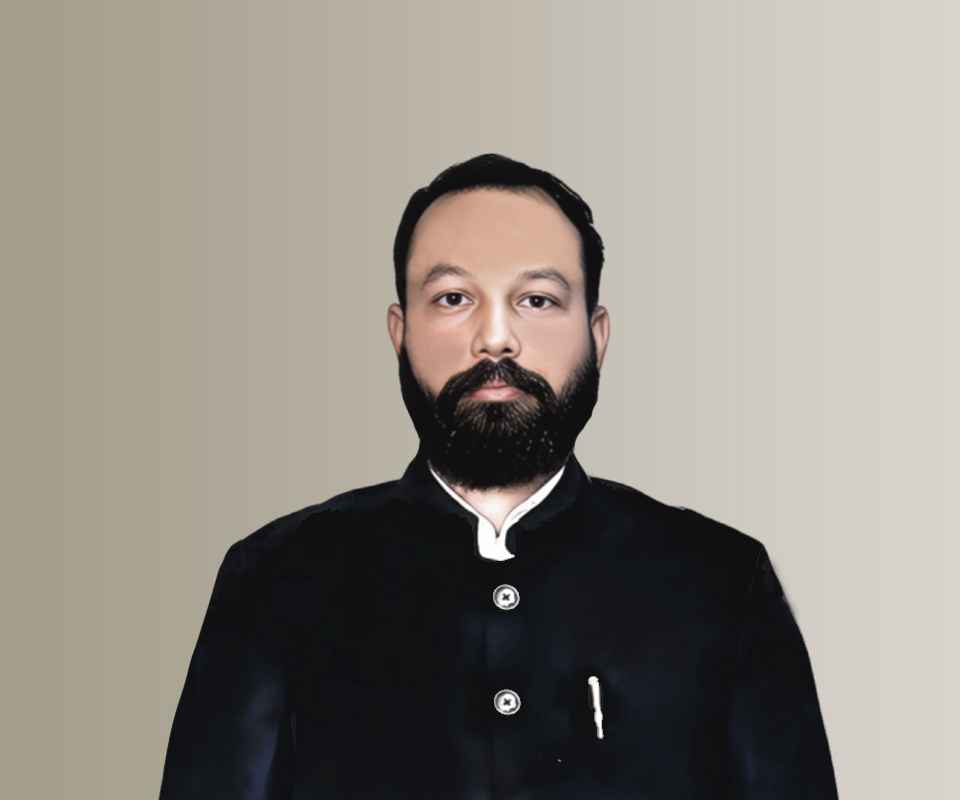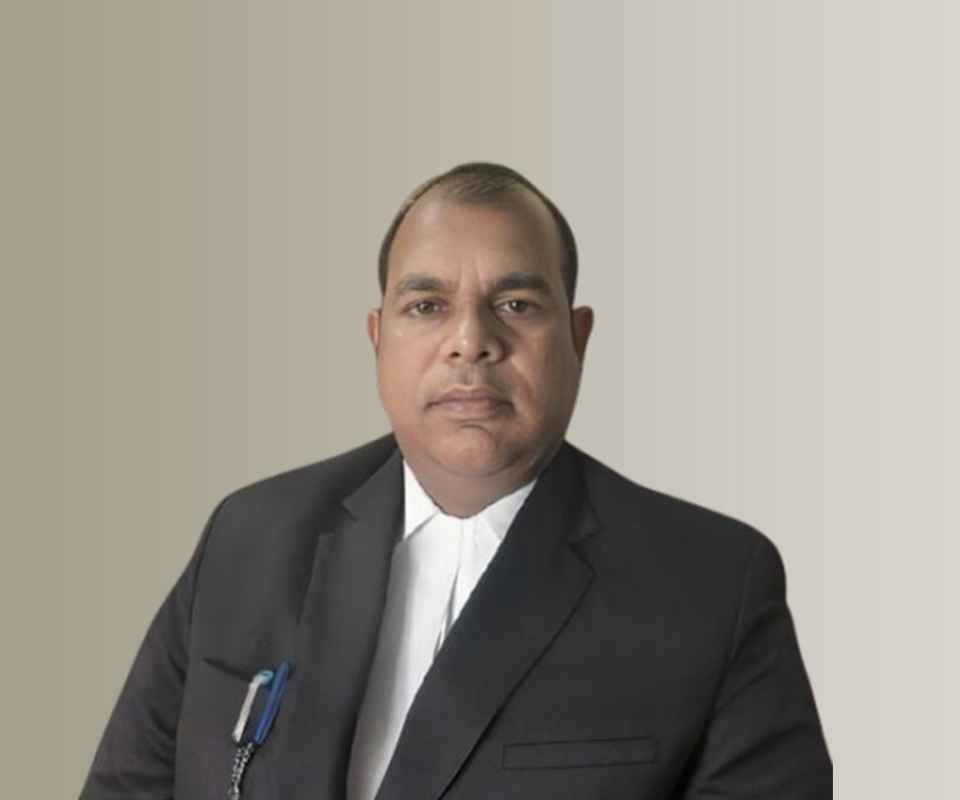Answer By law4u team
India recognizes the vulnerability of senior citizens and the growing concern of elder abuse, which can be physical, emotional, financial, or neglectful. To address these issues, the government has established multiple helplines and support systems aimed at helping elders report abuse, seek immediate assistance, and access rehabilitation and legal support.
Detailed Government Helplines Dedicated To Elder Abuse
National Senior Citizens Helpline (Toll-Free 14567)
Operated by the Ministry of Social Justice and Empowerment, this helpline offers counseling, legal advice, and assistance to elderly individuals facing abuse or neglect. It functions across India and helps connect callers to local authorities or NGOs for follow-up action.
National Helpline for Senior Citizens (Toll-Free 1800-121-2111)
This helpline addresses a wide range of issues faced by elders, including abuse reporting, medical support, legal aid, and social welfare schemes. It operates under the aegis of the Ministry and collaborates with state welfare departments.
State-Level Senior Citizen Helplines
Many states have dedicated helpline numbers for elder citizens, often run by state social welfare departments or senior citizen commissions. These helplines offer localized assistance, including quick intervention in abuse cases, legal referrals, and coordination with police or healthcare providers.
Police Emergency Number (112)
For immediate threats or violence, elders or witnesses can dial 112 to summon police or emergency services instantly.
Integrated Support Services
The government, along with NGOs, also provides support in the form of counseling, mental health services, rehabilitation programs, and legal aid clinics accessible through these helplines.
Mobile Apps and Online Platforms
Some states and organizations offer apps and websites where elders or family members can report abuse, access information, and request help discreetly.
How These Helplines Function
24/7 Availability
Many helplines operate round-the-clock to provide timely assistance.
Confidentiality
Calls are confidential to protect the privacy and safety of elders.
Referral System
Helpline operators assess the situation and refer the case to appropriate authorities, such as police, legal aid services, health professionals, or social welfare officers.
Follow-Up and Monitoring
The helpline staff often follows up with victims to ensure assistance has been provided and the abuse stopped.
Awareness and Education
Helplines also offer advice on elder rights, preventive measures, and available government schemes.
Legal Actions and Protections Facilitated By Helplines
Quick Reporting and Intervention
These helplines enable fast reporting which can trigger legal action under the Maintenance and Welfare of Parents and Senior Citizens Act, 2007, and IPC provisions.
Coordination With Senior Citizen Forums
Helplines often work in coordination with local senior citizen forums and protection committees to ensure community-based support.
Access to Legal Aid and Counseling
Victims can be connected to government legal aid services or counseling centers for mental and emotional support.
Example
A senior citizen experiencing emotional and financial abuse calls the National Senior Citizens Helpline 14567. The helpline counselor listens carefully, provides advice on legal rights under the Maintenance Act, and refers the case to the local police and social welfare department. Follow-up calls confirm that the elder is receiving medical care and legal help, and the abuser has been warned. The helpline also connects the victim to a local NGO for ongoing counseling.







